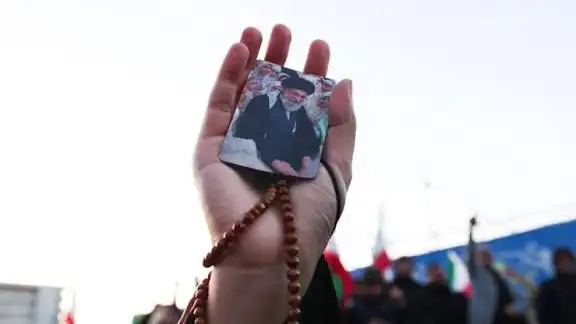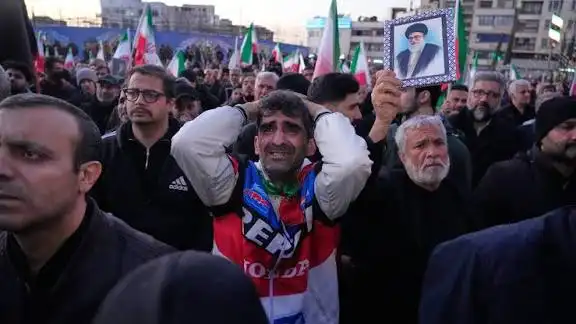President Bola Ahmed Tinubu’s administration has been marked by a series of contentious decisions and policy shifts that have sparked both domestic and international debates. Since assuming office in May 2023, Tinubu has implemented significant economic reforms, including the removal of fuel subsidies and the liberalization of the naira exchange rate. While these measures have been lauded by international financial institutions for revitalizing Nigeria’s economy, they have also led to a severe cost-of-living crisis, drawing substantial criticism from various quarters.
In August 2024, widespread protests erupted across Nigeria, driven by public dissatisfaction with the escalating economic hardships. The demonstrations, known as the #EndBadGovernance protests, were met with a heavy-handed response from security forces, resulting in at least 22 fatalities and numerous injuries. Amnesty International condemned the government’s actions, highlighting the excessive use of force and the suppression of fundamental human rights. (en.wikipedia.org, amnesty.org)
Amidst these challenges, Tinubu’s administration has faced internal controversies, particularly concerning the suspension of key officials. In June 2023, the President suspended Godwin Emefiele, the Governor of the Central Bank of Nigeria, citing allegations of mismanagement and policy missteps. This move raised questions about the independence of Nigeria’s financial institutions and the potential implications for the country’s economic stability. (aljazeera.com)
Further scrutiny has been directed at Tinubu’s appointments and policy reversals. Observers have noted a pattern of abrupt changes in key positions, leading to perceptions of instability and indecisiveness within the administration. Critics argue that these actions reflect a lack of preparedness and have eroded public confidence in the government’s ability to govern effectively. (guardian.ng)
Despite these controversies, Tinubu has maintained support from several key allies within the All Progressives Congress (APC). In May 2025, the APC officially endorsed Tinubu for re-election in the 2027 presidential race, citing his economic reforms and efforts to revitalize the economy. However, this endorsement comes amid ongoing security challenges, including persistent insurgencies and criminal activities, which have yet to be adequately addressed. (reuters.com, ft.com)
Internationally, Tinubu’s administration has faced criticism for its handling of human rights issues. Amnesty International has highlighted the government’s failure to uphold human rights and the rule of law, citing instances of excessive force during protests and the suppression of free speech. These concerns have raised questions about Nigeria’s commitment to democratic principles and the protection of fundamental rights. (amnesty.org)
President Tinubu’s tenure has been characterized by significant economic reforms and policy decisions that have elicited both support and criticism. While his administration has garnered backing from key political allies, it continues to grapple with internal controversies and external pressures, particularly concerning human rights and governance.












I find it fascinating how Tinubu manages to stir up both controversy and support simultaneously. What are your thoughts on his recent actions?
I find it fascinating how Tinubu manages to stir up controversies yet still maintain strong support from his allies. Whats his secret sauce?
I think Tinubus recent actions are a mixed bag – some controversies, but also strong support from key allies. Whats your take on it?
Do you think Tinubus controversies will affect his political future? Im curious to see how his allies stand by him.
I think Tinubus actions are strategic, but some controversies make me wonder about his leadership. What do you guys think?